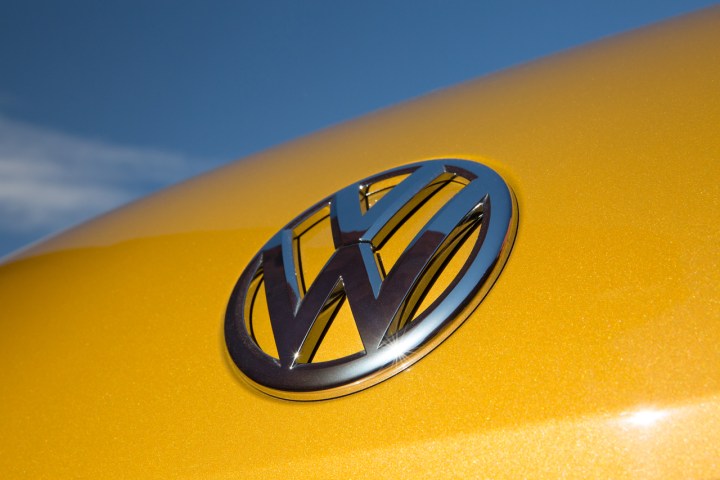
The 2.0L engines exceeded legal emissions limits by up to 40 times. The larger engines, however, which were used in the diesel versions of Volkswagen Touaregs, Porsche Cayennes, and Audi A6s, A7 Quattros, A8s, Q5s, and Q7s, used different technology to cheat and didn’t spew as much pollution as the smaller motors. The U.S. Environmental Protection Agency has said the 3.0L cars had illegal modification equipment. The problem with the larger engines wasn’t discovered until two months after the original, much larger batch. No one is arguing that the company didn’t cheat.
VW’s attorney told a judge in U.S. District Court that the affected vehicles can be recalled for repair so they no longer pollute above legal limits with no significant performance degradation. The repair, which the attorney said the company is still working on, would not be complicated and would satisfy the court.
In order to avoid massive buybacks of the 3.0L vehicles, the repair plan has to satisfy both the EPA and the California Air Resources Board. If the fix passes muster with those two agencies and is approved by the court, the company will save additional billions of dollars by not having to purchase the vehicles from owners. It’s likely, however, that VW Group will still offer financial compensation to present and past owners, as well as people who leased the diesel 3.0L vehicles. So if all works out as the lawyer predicts, it will still cost VW a ton of money, just not as much as it might have.



